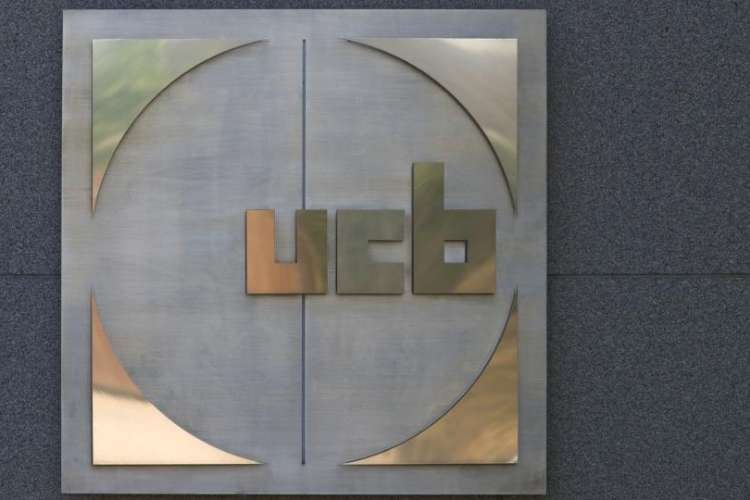UCB is celebrating an impressive streak of FDA approvals, securing the green light for both the plaque psoriasis treatment Bimzelx and the generalized myasthenia gravis (gMG) drug Zilbrysq within hours of each other.
This latest approval for Zilbrysq marks UCB’s second triumph in the gMG indication this year, following the FDA’s endorsement of Rystiggo in June. The FDA’s approval for Zilbrysq is specifically for adults with gMG who test positive for anti-acetylcholine receptor (AChR) antibodies. Notably, this medication stands as the first once-daily, self-administered subcutaneous therapy targeting gMG, as proudly noted by UCB. The drug came under UCB’s wing following a $2.5 billion acquisition of Ra Pharmaceuticals in 2019, demonstrating their confidence in its blockbuster potential.
Zilbrysq and Rystiggo employ different mechanisms of action. Zilbrysq, a peptide, functions as a targeted C5 inhibitor, while Rystiggo is a subcutaneously infused monoclonal antibody designed to target the neonatal Fc receptor.
Also Read: UCB’s Psoriasis Drug Application Overcomes Manufacturing Hurdle But Hits Another FDA Delay
Rystiggo was the first treatment to receive approval for both primary subsets of the disorder, catering to those who are AChR antibody-positive or anti-muscle-specific tyrosine kinase antibody-positive.
Jean-Christophe Tellier, CEO of UCB, emphasized the synergies between these two components, attributing them as a key driver behind the Ra acquisition. The intention was to enrich their toolbox and provide synergistic and complementary actions.
In individuals with gMG, pathogenic immunoglobulin G autoantibodies disrupt nerve-muscle communication, potentially leading to life-threatening muscle weakness affecting vital functions such as breathing, swallowing, chewing, and talking. While the disorder can affect individuals of any age, it is more commonly observed in young women and men aged 50 and above, with common initial symptoms including double vision and drooping eyelids.
Historically, people living with gMG had access only to inconvenient and time-consuming C5 therapy administered intravenously. The approval of Zilbrysq was based on results from the phase 3 RAISE study, demonstrating significant benefits reported by both clinicians and patients after a 12-week treatment regimen.
However, Zilbrysq’s label includes a boxed warning, cautioning that its use may affect a patient’s ability to combat certain infections, particularly meningococcal infections, which can be life-threatening if not promptly treated. The most frequently observed side effects during the trial included diarrhea, upper respiratory tract infections, and injection site reactions.
Also Read: UCB Has Achieved A Long-Awaited Victory As The FDA Grants Approval For The Myasthenia Gravis Drug Rystiggo
Zilbrysq, by inhibiting damage to the neuromuscular junction, can be employed alongside intravenous immunoglobulin and plasma exchange, according to UCB. Pricing details for Zilbrysq remain undisclosed, but Tellier expressed the company’s intent to introduce it to the market by the end of 2023 at a “competitive pricing point relative to existing complement inhibitors” within the same indication. UCB’s listed price for Rystiggo is $6,050 per vial.
Competition in the gMG landscape is fierce, with AstraZeneca gaining approval for Ultomiris in the same indication last year, and Argenx securing FDA approval for Vyvgart Hytrulo in June of this year.
In addition to the Zilbrysq approval, UCB has also clinched an FDA nod for its highly anticipated psoriasis drug, Bimzelx, with high hopes for it to achieve blockbuster status.
In addition to the Zilbrysq approval, UCB has also clinched an FDA nod for its highly anticipated psoriasis drug, Bimzelx, with high hopes for it to achieve blockbuster status.





























